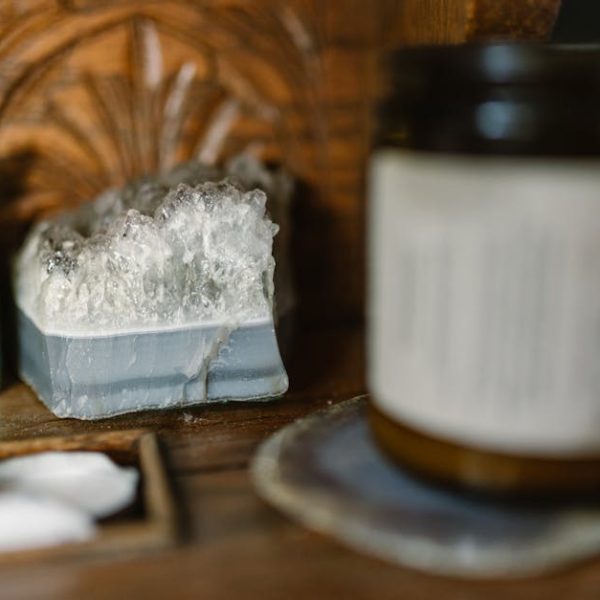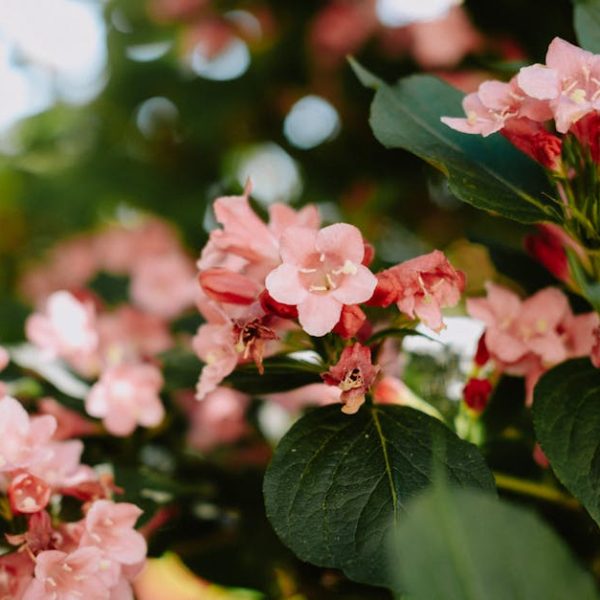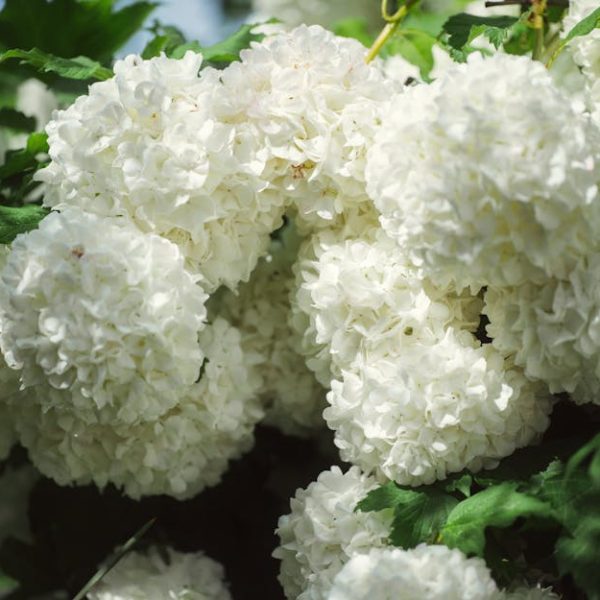Composting is a natural process that turns organic material into a nutrient-rich soil conditioner, proven to be a great way to reduce household waste, while simultaneously benefiting your garden. The magic of composting lies within the ability to accelerate nature’s method of decomposing organic matter. By composting, we are able to dispose of kitchen scraps, yard waste, and other compostable items, transforming them into nutrient-filled soil that plants will thrive upon.
Safe composting materials are typically green and brown organic matter. Green materials, rich in nitrogen, include things like fruit and vegetable scraps, coffee grounds, and tea bags. Brown materials, rich in carbon, include items like leaves, branches, cardboard, and yes, even the right kind of egg cartons. However, items such as meat, dairy products, and treated wood among others are generally best to be avoided as they can attract pests and create unpleasant odors.
Determining the Composition of Egg Cartons
When talking about egg cartons, it’s essential to know that not all are created equal. The material they are made of will dictate whether they are safe for your compost pile or not.
Pulp egg cartons are the most common type found in supermarkets; they are usually crafted from paper waste that is safe to compost as long as they haven’t been treated with chemicals, coated in wax, or heavily dyed. Foam egg cartons, on the other hand, are typically crafted from polystyrene, an oil-based product that is not biodegradable and thus should not be added to your compost pile. Similarly, plastic egg cartons, often made from various plastic compounds, are not compostable either.
| Egg Carton Type | Pros | Cons |
|---|---|---|
| Pulp | Biodegradable, can be composted | Cannot be composted if treated or dyed |
| Foam | Lightweight and protective | Not biodegradable, may release chemicals |
| Plastic | Reusable, can be recycled | Not biodegradable, recycling depends on local capabilities |
Is It Safe to Compost Egg Cartons?
Consider the green light for composting pulp egg cartons. They are made from recycled paper and decompose naturally, delivering additional carbon content to your compost bin. Remember, however, to double-check that they haven’t been heavily dyed or wax-coated.
Conversely, foam and plastic egg cartons, due to their non-biodegradable nature, should not be added to your compost pile. Foam cartons are made from petroleum-based products that do not break down naturally. Similarly, plastic egg cartons do not decompose and could potentially leach harmful chemicals into your compost.
Pro tip: Always check the packaging or labeling of egg cartons to identify their composition before adding them to your compost bin.
How to Compost Egg Cartons Effectively
Adding pulp egg cartons to your compost pile can be a cinch with these steps:
- Firstly, ensure your egg carton is indeed pulp and hasn’t been coloured or treated.
- Then, break it down into smaller pieces, to speed up the decomposition process.
- You might want to bunch up the torn pieces to form a loose ball rather than compressing them tightly. This ensures ample air circulation, promoting efficient decomposition.
- Finally, add the torn-up pieces to your compost pile. Remember, egg cartons are rich in carbon and thus should be balanced with nitrogen-rich materials in your compost pile.
Pro tip: Moderate is key! While pulp egg cartons can be beneficial for your compost, too much can imbalance the compost’s material ratio, slowing the decomposition process.
Checklist for Composting Egg Cartons Effectively
Here is a quick checklist for composting your pulp egg cartons:
- Ensure egg cartons are pulp and free from treatments and heavy dyes.
- Break or tear the cartons into small pieces.
- Avoid compacting the pieces.
- Maintain a balanced ratio of carbon and nitrogen-rich materials in your compost pile.
- Rotate or turn your compost pile regularly to encourage decomposition.
Alternatives to Composting Egg Cartons
Unfortunately, not all egg cartons are fit for the compost heap, but this doesn’t mean they can’t be utilized elsewhere in a sustainable manner.
Recycling : Most plastic and some foam cartons can be recycled depending on local recycling capabilities.
Reusing : Consider repurposing your egg cartons in creative ways.
- Gardening seed starters: The compartments of egg cartons are perfect for beginning seeds. Once your seedlings are ready to be transplanted, you can plant them directly into the ground as the pulp cartons are biodegradable.
- Crafting: Egg cartons can be used for countless crafting projects, ideal for kid’s arts and crafts.
- Organization: Smaller compartments make the perfect place to store small items such as buttons, beads, and screws.
The choice between composting and reusing largely depends on the carton type and your intentions. Always aim to use your cartons in the way that benefits the environment the most.
| Egg Carton Type | Compost | Reuse |
|---|---|---|
| Pulp | Yes | Yes (Seed starters, crafts) |
| Foam | No | Yes (Crafts, Organization) |
| Plastic | No | Yes (Organization) |
Pro tip: Before recycling, make sure to rinse any egg residue off the cartons to avoid contamination.
In conclusion, with the right knowledge and a bit of creativity, you can effectively reduce waste and create sustainable living habits by composting, reusing, or recycling your egg cartons. Remember, it’s not just about disposal but also about making environmentally-friendly choices.
Key Takeaway:
- Composting is an effective way to reduce household waste and enrich soil with nutrients.
- Pulp egg cartons, typically made from paper waste, are safe to compost, but it’s essential to break them down into smaller pieces and balance their volume with other compost materials.
- Foam and plastic egg cartons should not be composted, as they are not biodegradable.
- For cartons unsuitable for composting, they can be reused or recycled based on their type and the local recycling capabilities.
In a world increasingly focused on sustainability, understanding how to responsibly dispose of everyday items like egg cartons is a small step we can all take towards a healthier environment. With knowledge, creativity, and a bit of effort, it’s possible to minimize waste and benefit the environment, one egg carton at a time.
FAQs
Q: Does composting egg cartons attract pests?
A: No, composting egg cartons does not attract pests. However, make sure your cartons do not have any residual egg material, as this can attract animals and insects.
Q: Are dyed pulp egg cartons safe for composting?
A: Yes, but it is recommended to use cartons with minimal dye, as some inks may contain harmful chemicals.
Q: Can the foam from egg cartons be repurposed instead of composting?
A: Yes, you can creatively repurpose foam egg cartons for crafts or organize small items, instead of adding them to your compost.
Q: Can I compost egg cartons even if I don’t have a garden?
A: Yes, you can. Composting is not solely for gardening purposes. By composting, you are reducing the amount of waste that goes into landfills.
Q: How long does it typically take for a pulp egg carton to decompose in compost?
A: The decomposition time can vary based on conditions, but generally, torn egg cartons will decompose within a few months.
Don’t hesitate to share this article with others that may find it useful. Also, check out more helpful posts on our website to deepen your understanding of sustainable practices.






